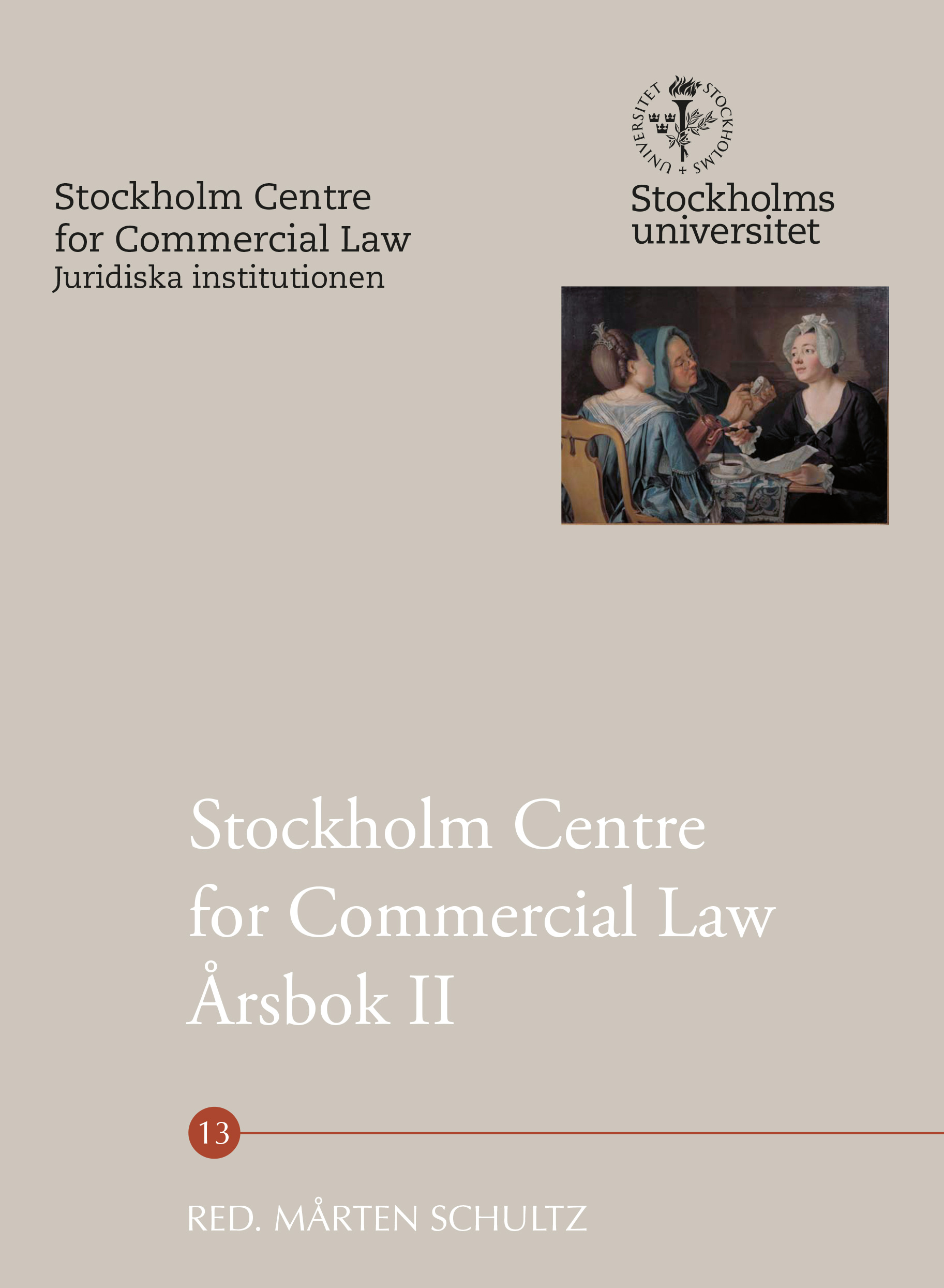Civil Law Consequences of Corruption in Sweden
Abstract
Corruption in Sweden and Swedish Behaviour Abroad
In comparison to several countries, Sweden has been spared from corruption. At least, the public opinion is that Sweden has a relatively low level of corruption, 1 and public officials are generally considered to be firmly law-abiding, carrying out their duties with a high degree of integrity.
Corruption is nonetheless present in Sweden. One sector often pointed out as very problematic is the building industry. A specific type of situation that has generated some case law is that elderly people in medical care and nursing homes tend to donate (in life or by will) money or other property to the staff treating them. Accepting such donations is usually criminal, or provides grounds for dismissal. There are also concerns about lack of sufficient control mechanisms and lack of distinct ethical standards, which both serve as indicators of a fragile system. For instance, the Swedish National Audit Office (SNAO) (Riksrevisionsverket) has criticised the lack of sufficient internal supervision and division of duties within some audited governmental agencies and state owned companies.
Some grey zone phenomena, such as the appointment of highly ranked government officials based on friendship and remuneration for former loyal support rather than objective criteria, acquisition of lease contracts for highly appreciated city apartments based on political connections, friend- or kinship, and promotional travels for staff in purchasing departments and journalists,8 are well known in the Swedish society.


